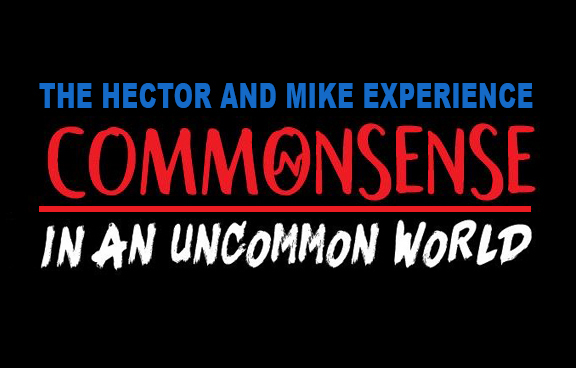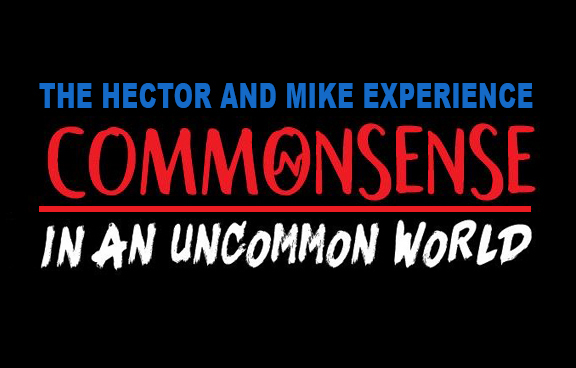In a post-Christmas social media message, former President Donald Trump left some shocked and others cheering with his message of “Rot in Hell” to his opponents. While the message may have been polarizing for some, he is connecting and resonating deeply with his supporters, blue-collar workers, and millions of other voters, who feel increasingly frustrated and marginalized in today’s political climate.
President Trump’s message is purposeful and connects with many people: The message, aimed at his opponents, reflects the intense polarization that has gripped the United States in recent years. There are tens of millions of voters who often feel under siege for their beliefs, found solace in his remarks. They believe that they have been forced to hide their political leanings, apologize for their views, and endure relentless attacks from the media and activists.
One of the issues that has fueled this frustration is the perception of deteriorating public safety. Trump supporters point to incidents of streets being closed due to protests, small businesses shutting down amidst retail thefts, and law enforcement and communities that feel like they are under constant attacks, as local District Attorneys turning a blind eye to crime has only exacerbated these problems, leaving voters feeling vulnerable.
Inflation and economic concerns also play a significant role in this frustration. Many voters feel they are being asked to pay more in fees and taxes without seeing the benefits. The hit song “Rich Men North of Richmond” expressed this sentiment, dubbed an anthem for blue-collar workers and the “everyman.” The song highlights the frustrations and economic disparities that have left many feeling left behind.
Border security and illegal immigration add another layer to this complex landscape. The recent images and videos of 200,000+ migrants crossing the border illegally each month, as both Republican and Democratic mayors across the United States demand action and money from the White House for the cost of housing and providing resources, have left millions shaking their heads in disbelief and anger. The calls for stronger border security are often characterized as racist. At the same time, concerned voters see the enormous number of people crossing the border illegally and believe that a rational discussion on immigration policy is long overdue without the racist label.
While Trump’s choice of words in his post-Christmas message is contentious and controversial, it tapped into the deep-seated frustration and sense of disenfranchisement felt by many voters.
As we go into 2024, the Biden Administration has a lot of questions to answer to the people of this country – are you better off than you were before the worldwide pandemic hit; are you paying more for your food, gas, house, energy than you were in 2020; is the world safer today from wars and conflicts than it was during the Trump Administration; is America more secure in its energy independence than it was during President Trump’s time in office?
Tough questions, but the most challenging question for the Biden Administration is the one that probably won him the election in 2020, and it’s the one that President Trump is trying to have the voters answer: Is this country more united under President Biden than it was under President Trump? It sure doesn’t seem that way.


